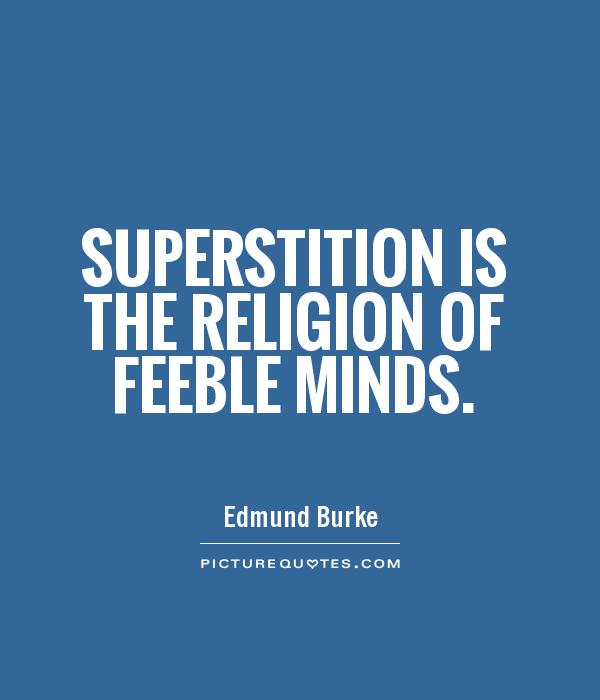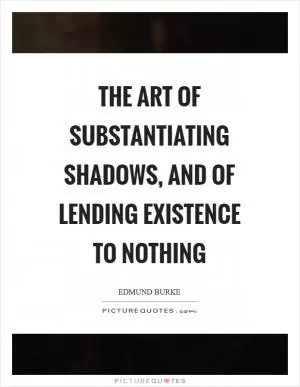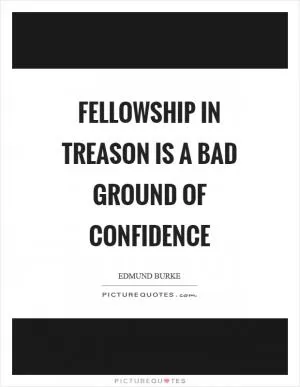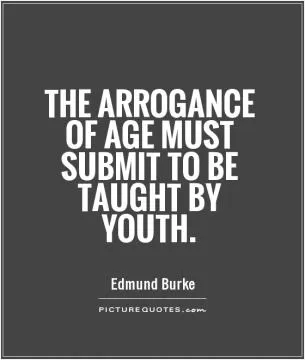Superstition is the religion of feeble minds

Superstition is the religion of feeble minds
Edmund Burke, an Irish statesman and philosopher, once famously said, “Superstition is the religion of feeble minds.” This quote speaks to the idea that superstition is often embraced by those who are unable or unwilling to think critically or rationally about the world around them. Superstition relies on beliefs that are based on fear, ignorance, or tradition rather than evidence or reason.In the context of Burke’s words, it is important to consider the role that superstition has played throughout history in shaping people’s beliefs and behaviors. Superstitions have been a part of human culture for centuries, with people turning to rituals, charms, and omens in an attempt to control or understand the unpredictable forces of the world. However, these beliefs are often based on unfounded assumptions or irrational fears, leading to a reliance on superstition rather than reason.
Burke’s statement suggests that those who are drawn to superstition may lack the intellectual capacity or courage to question their beliefs and seek out more rational explanations for the events in their lives. Superstition can provide a sense of comfort or security in the face of uncertainty, but it can also limit one’s ability to think critically and make informed decisions.












 Friendship Quotes
Friendship Quotes Love Quotes
Love Quotes Life Quotes
Life Quotes Funny Quotes
Funny Quotes Motivational Quotes
Motivational Quotes Inspirational Quotes
Inspirational Quotes